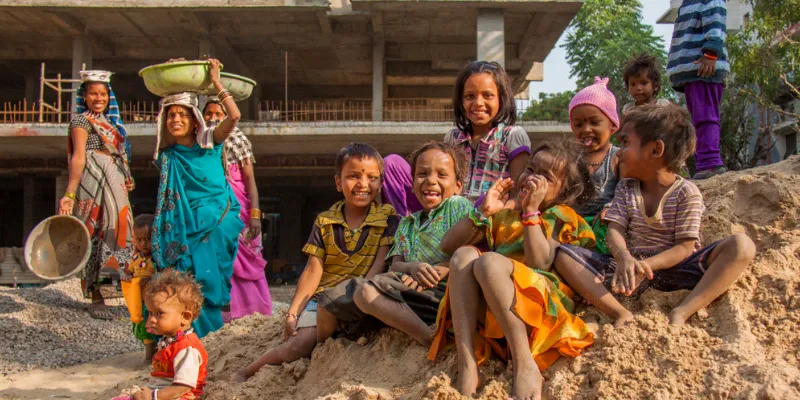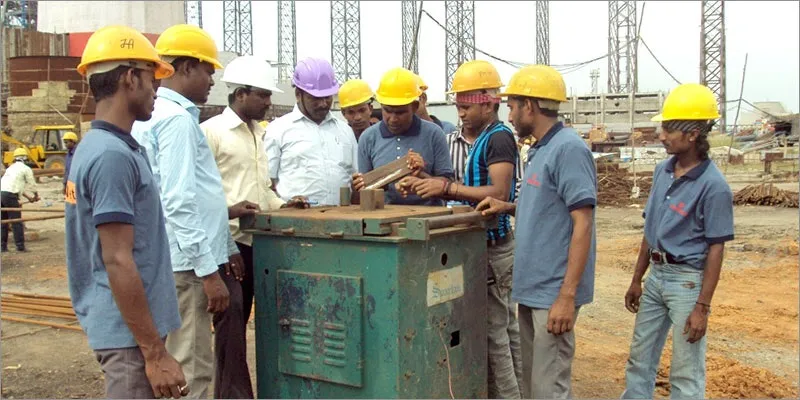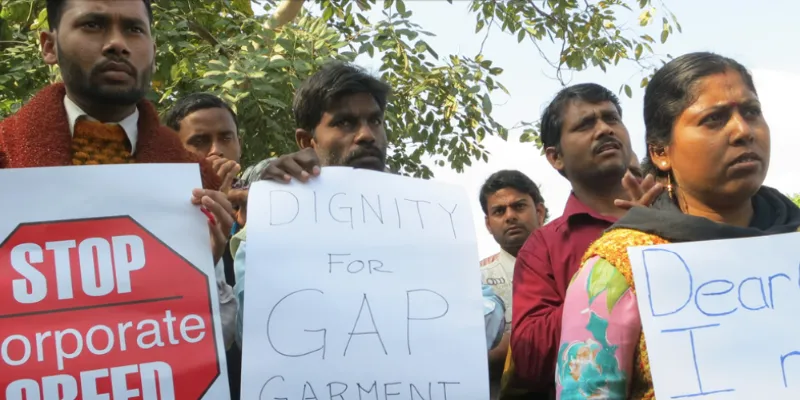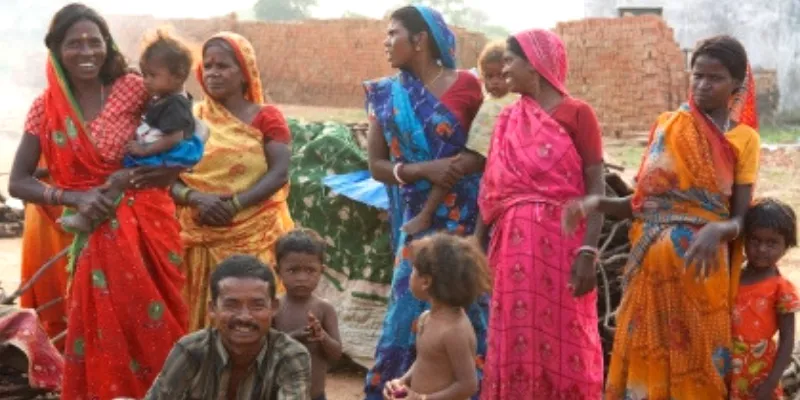On Labour Day, we look at non-profits that equip workers against exploitation, ensuring fair pay and good working conditions
On May Day, let’s celebrate the organisations that are empowering Indian labourers with the agency to ensure good working conditions.

Today, we celebrate International Workers Day, or May Day. For most of us, it is just another holiday - a day off in the middle of summer to stay within the comfort of our own home. Rarely do we stop to think about what this day signifies, or why it must be observed at all?
One of the main reasons why India thrives as a booming economy is the fact that it offers cheap and easy labour. In more than half the cases, people (men, women, and even children) uproot their families, move great distances, and relocate to strange cities under vulnerable conditions.
In India, where a whopping 80 percent of the employment pool comes from the informal sector, May Day serves as a yearly reminder of the struggles faced by labourers.
While the government, both the Centre and the States, have created multiple platforms for the worker community, non-profit organisations, too, assist labourers and help them against any form of exploitation, while empowering them with policy and legal help. We highlight four organisation that are working with different labour communities across India.
1. LabourNet

LabourNet is a social enterprise that enables sustainable livelihoods for men, women, and youth in urban and rural areas. Its three-pronged engine integrates social and business impact by bridging the gaps in education, employment, and entrepreneurship.
“For a labourer, every day spent not working is a potential day’s wage lost. Hence, in this race against time, a lack of access to jobs could be detrimental, resulting in a sub-optimal utilisation of their potential,” says Gayathri Vasudevan, Co-Founder, LabourNet.
The organisation focuses on formalising the informal sector by improving the socioeconomic status of people associated with unorganised value chain. This is achieved through skilling interventions, facilitating wage/self-employment and entrepreneurship by bringing together all the stakeholders: large, small, and medium enterprises, corporates, government, individuals, and educational institutions.
Founded in 2006, the organisation has helped to generate over 7.2 lakh livelihood, and incubated over 75 micro enterprises.
2. Child Rights and You

Image Credit: CRY
Founded by Rippan Kapur in 1979, Child Rights and You is a organisation that aims to build a society where a child is happy, healthy and creative, whose rights are protected and honoured. Among there multiple initiatives, the organisation key focus is to eradicate child labour and bring dignity, justice and equity for them.
According to the National Census 2011, there are over 10.1 million child labourers in India, in the age group of 5 to 14 years. The organisation identifies the root causes which force families and communities to allow children to be engaged in labour and address these underlying issues by interacting with parents, community leaders and children’s collective where the importance of child rights and the damaging effects of child labour are discussed.
They empower communities with the knowledge to demand proper implementation of employment schemes, food security and access to all government provisions.
In instances of child trafficking and children forced into labour, CRY and grassroots partners work on rescue, repatriation and rehabilitation of children through child protection networks under the Juvenile Justice Care & Protection Act and the Integrated Child Protection Scheme. With the belief that ‘rescuing’ children from any form of labour is not enough, the organisation works with multiple organisations to address their education and healthcare needs.
Over the years CRY has created an impact in the lives of over 3,60,000 children.
3. Society for Labour and Development

Delhi-based Society for Labour and Development is a non-profit that believes in equitable development through social and economic well-being of labour, migrants, and women workers, through cultural renewal among disenfranchised people. Founded in 2006, the organisation works in Uttar Pradesh, Bihar, Jharkhand, Kerala, and the Delhi-NCR region.
The organisation collaborates with various Labour Rights and Social Justice organisations to develop a grassroots model of solidarity based on principles of respect, reciprocity, and autonomy. Its main focus is on the rights of workers and marginalised people.
It has developed multiple platforms like the Mazdoor Ekta Manch, Kanooni Salah Kendra, Nari Shakti Manch, and Tarang Kala Kendra for the welfare of labour community.
Also read: Labour All - Bangalore lawyer develops software for labour law compliance
4. Centre for Education and Communication

Founded in 1982, the Centre for Education and Communication (CEC) is a resource centre dedicated to research, campaign, and support on key concepts, ideas, and policies that enhance dignified and sustainable livelihood options of workers, in particular informal workers, and small producers.
With an aim to uphold labour rights as well as to enhance their dignity and power, the organisation hosts multiple programmes on the principles of economic, civic and social justice.
It works with bonded labourers in brick kiln and help facilitate access to entitlement and benefits, improving the working conditions through continuous engagement with kiln owners and government officers by seeking the implementation of relevant legislation.
It also works with small tea growers, and individuals who own a tea cultivation of up to 25 acres. The organisation's project, ‘Sustainable Livelihoods for Small Tea Growers’, is being implemented in partnership with Traidcraft and supported by the European Union. Spanning across five states in India - Assam, West Bengal, Tripura, Mizoram, and Arunachal Pradesh - the project addresses some of the key issues confronting the small tea growers, and has impacted the lives of over 50,000 growers till date.
Also read: Delhi aims to improve labour conditions; plans 'labour hostels' for construction workers






